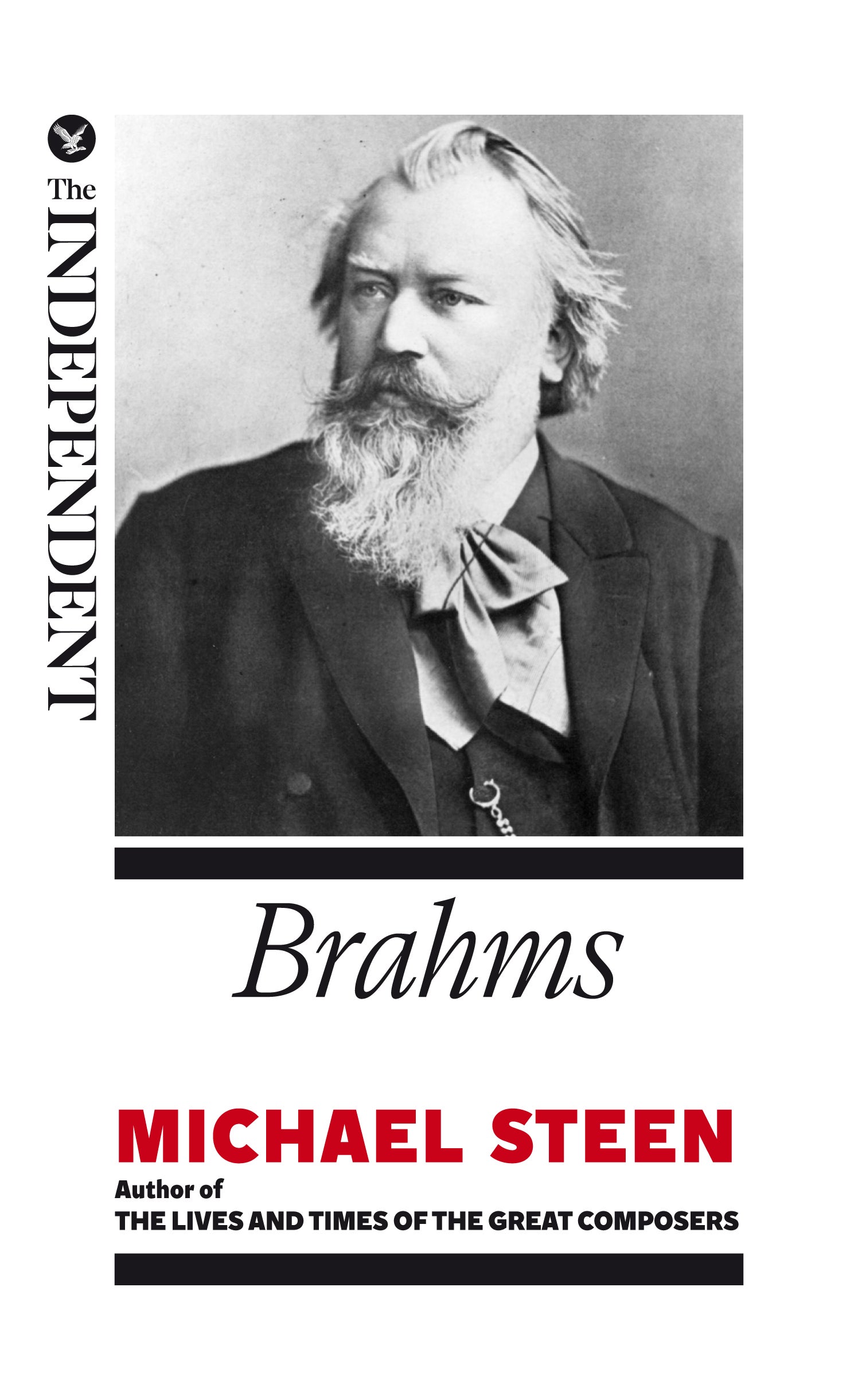Brahms
Part of The Independent’s new eBook series The Great Composers, covering fourteen of the giants of Western classical music

Your support helps us to tell the story
From reproductive rights to climate change to Big Tech, The Independent is on the ground when the story is developing. Whether it's investigating the financials of Elon Musk's pro-Trump PAC or producing our latest documentary, 'The A Word', which shines a light on the American women fighting for reproductive rights, we know how important it is to parse out the facts from the messaging.
At such a critical moment in US history, we need reporters on the ground. Your donation allows us to keep sending journalists to speak to both sides of the story.
The Independent is trusted by Americans across the entire political spectrum. And unlike many other quality news outlets, we choose not to lock Americans out of our reporting and analysis with paywalls. We believe quality journalism should be available to everyone, paid for by those who can afford it.
Your support makes all the difference.
Extracted from Michael Steen’s book The Lives and Times of the Great Composers, these concise guides, selected by The Independent’s editorial team, explore the lives of composers as diverse as Mozart and Puccini, reaching from Bach to Brahms, set against the social, historical and political forces which affected them, to give a rounded portrait of what it was like to be alive and working as a musician at that time.
It was Schumann who first hailed Brahms as ‘the natural heir and successor to Beethoven’, and that is how many have seen him since, although to Brahms himself it was something of a burden. With his devotion to classical precepts, he proved himself a master of all the major forms bar one. His four symphonies, his concertos, his vast body of chamber music, where discipline underpins the wonderful romantic harmonies, remain central to the repertoire. During his own life, it was the rapturous reception of his German Requiem which established him beyond all doubt. The only form he never attempted was opera, which would have been ill-suited to his virtues as a composer.
Michael Steen shows how Brahms came to be raised up as the champion of traditional values against the new music of composers such as Liszt and Wagner, in one of the most bitterly fought controversies of the age. On tour as a young man from Hamburg, Brahms met the violin virtuoso Joachim, who introduced him to Schumann. During Schumann's period of insanity and especially after his death, Brahms developed a lifelong friendship with his widow, Clara. Steen chronicles his autumns teaching in Detmold, his passing loves, and eventual move to Vienna, where he would spend his winters, escaping to a variety of resorts to compose over the summer. He died at 63, still a bachelor.
£0.99
Join our commenting forum
Join thought-provoking conversations, follow other Independent readers and see their replies
Comments